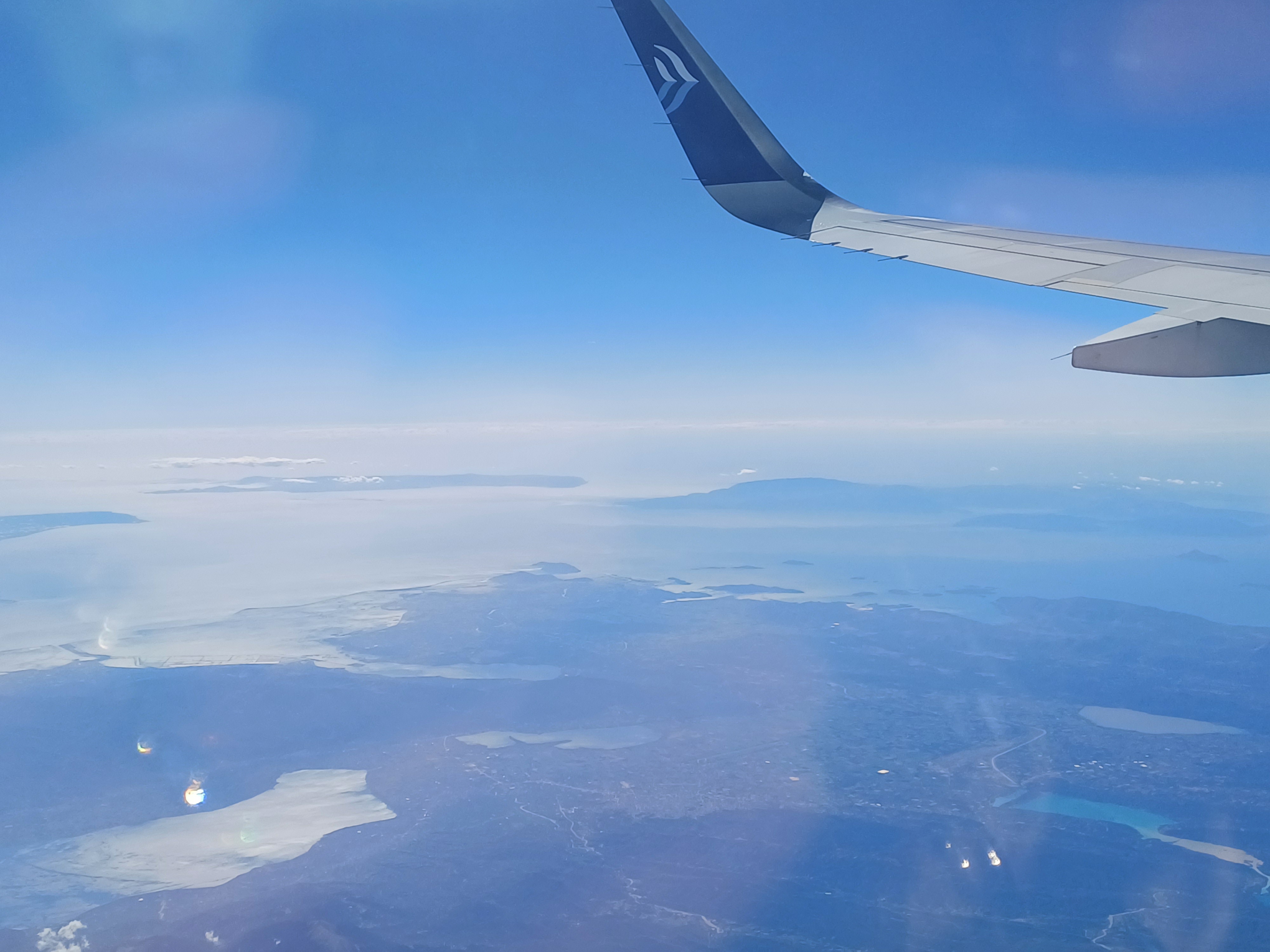Ars docendi 20/2024
Premessa – Vorwort - Foreword [Adami]
4 years of Ars docendi: September sees the publication of the 20th edition of the online magazine, which is primarily aimed at Latin and Greek teachers and, of course, anyone else who is interested.
It is very, very important to us to give a voice to teachers who are in the classroom every day, who experience at first hand how children and young people react to lessons and different methods and who want to discuss their experience and knowledge with other colleagues across national borders.
Of course, we also seek contact with universities, but also with other exciting contributors who - as in this issue - do not necessarily have to be Latin and Greek didactics experts, but who offer incredibly exciting approaches to antiquity that can also inspire pupils.
That's what it's all about: making people aware again and again that our subjects are far from being outdated, that they provide tremendous educational opportunities, but that we can and should always think about topics, teaching methods and models - in order to keep improving our teaching and learning.
I am delighted to be able to present to you in this 20th issue, a festive issue, very special contributions that offer very special approaches to our subjects:
The two articles on ancient foods are exciting, one written by two Latin teachers, the other by a scientist, a microbiologist, who has rediscovered garum for the 21st century.
The examples of reception from very unusual perspectives on heavy metal, on Bodo Wartke, on newly composed myth theatres, on Harry Potter, on two texts that deal with or present the history of science (one text on Gesner, the second is a review of a very special book that questions the extent to which rhetoric also wrote history in ancient Rome), another review deals with the very special question of the extent to which AI can also be useful in Latin lessons and with exciting teaching materials for this.
There are also wonderful presentations on cross-curricular possibilities based on Latin and Greek. We also refer to two interesting links for teachers on teaching Latin, with a discussion on the possibilities and significance of Latin and Greek today and a very detailed and illustrated presentation of an Erasmusplus project that has now been running for almost ten years.
Enjoy this volume.
We were delighted to have found so many really exciting aspects and to see how topical our subjects still are!
